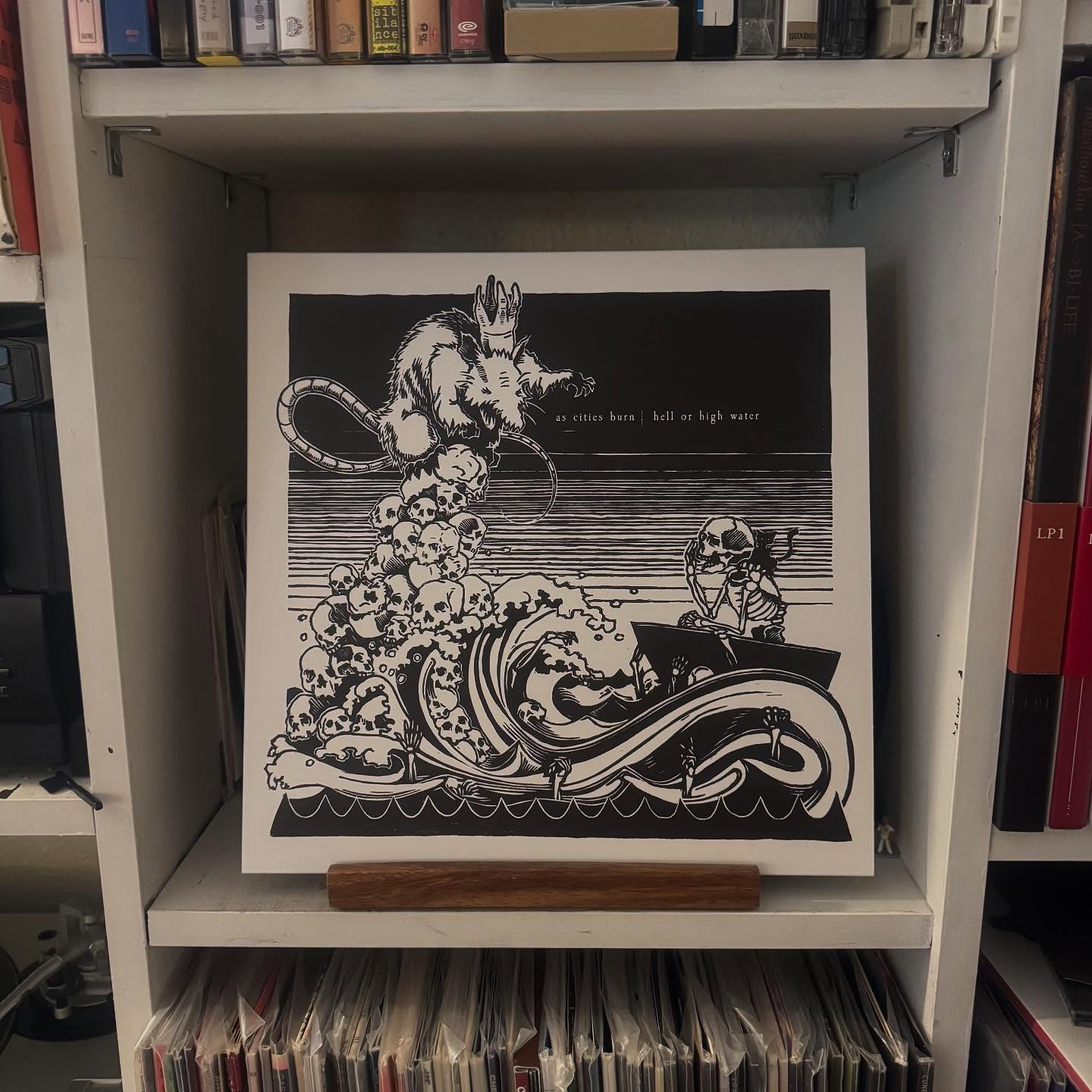
During my scene phase in high school, very few records hit me quite as hard as Son, I Loved You At Your Darkest. Even when I fell off of heavy music in favor of indie rock, I revisited that record quite often.
But it turns out I wasn’t the only one trading hardcore for indie rock. After losing their screamer and putting out one of the best Christian-adjacent post-hardcore records ever, As Cities Burn pulled a massive left turn and made an indie rock record. But despite this seismic shift, the group is just as emotive and cathartic as ever.
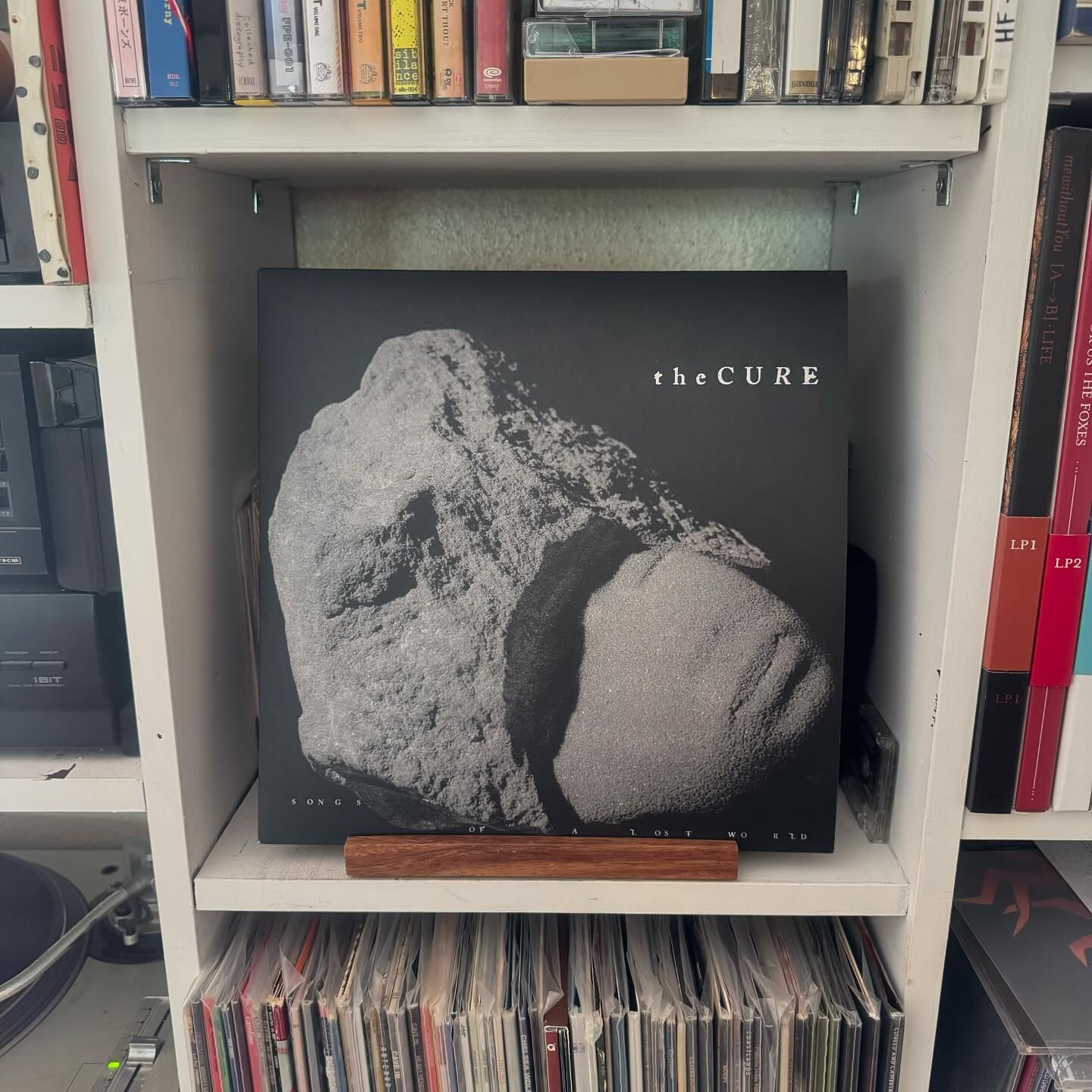
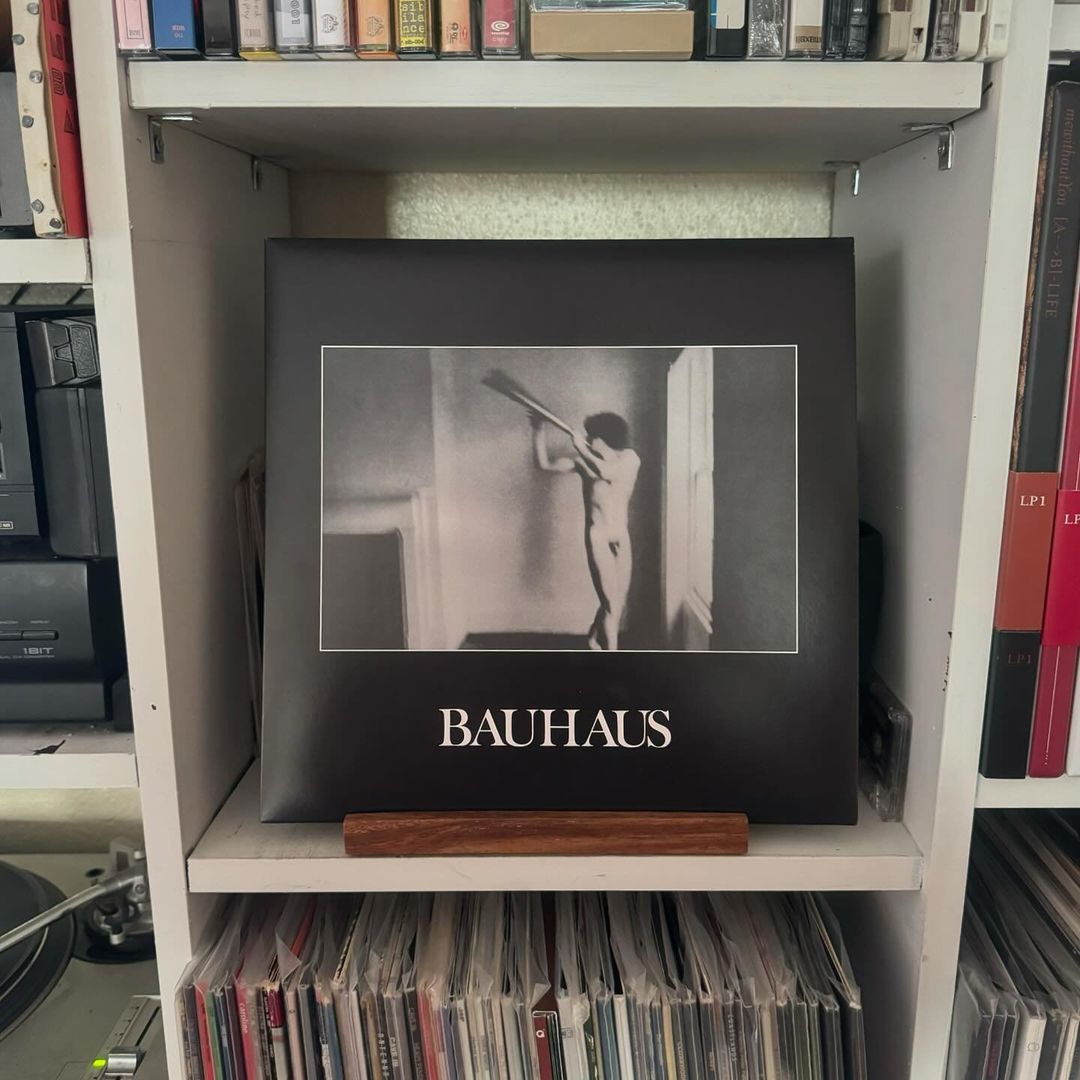 When Punk exploded in 1977, the dam burst so hard it left a crater. It didn’t take very long for the maelstrom of no-frills sonic intensity to suck up other elements. Post-punk emerged almost immediately, deconstructing punk into unrecognizable shapes. Post-punk in turn splintered into its own series of subgenres—most notably, new wave and gothic rock.
When Punk exploded in 1977, the dam burst so hard it left a crater. It didn’t take very long for the maelstrom of no-frills sonic intensity to suck up other elements. Post-punk emerged almost immediately, deconstructing punk into unrecognizable shapes. Post-punk in turn splintered into its own series of subgenres—most notably, new wave and gothic rock.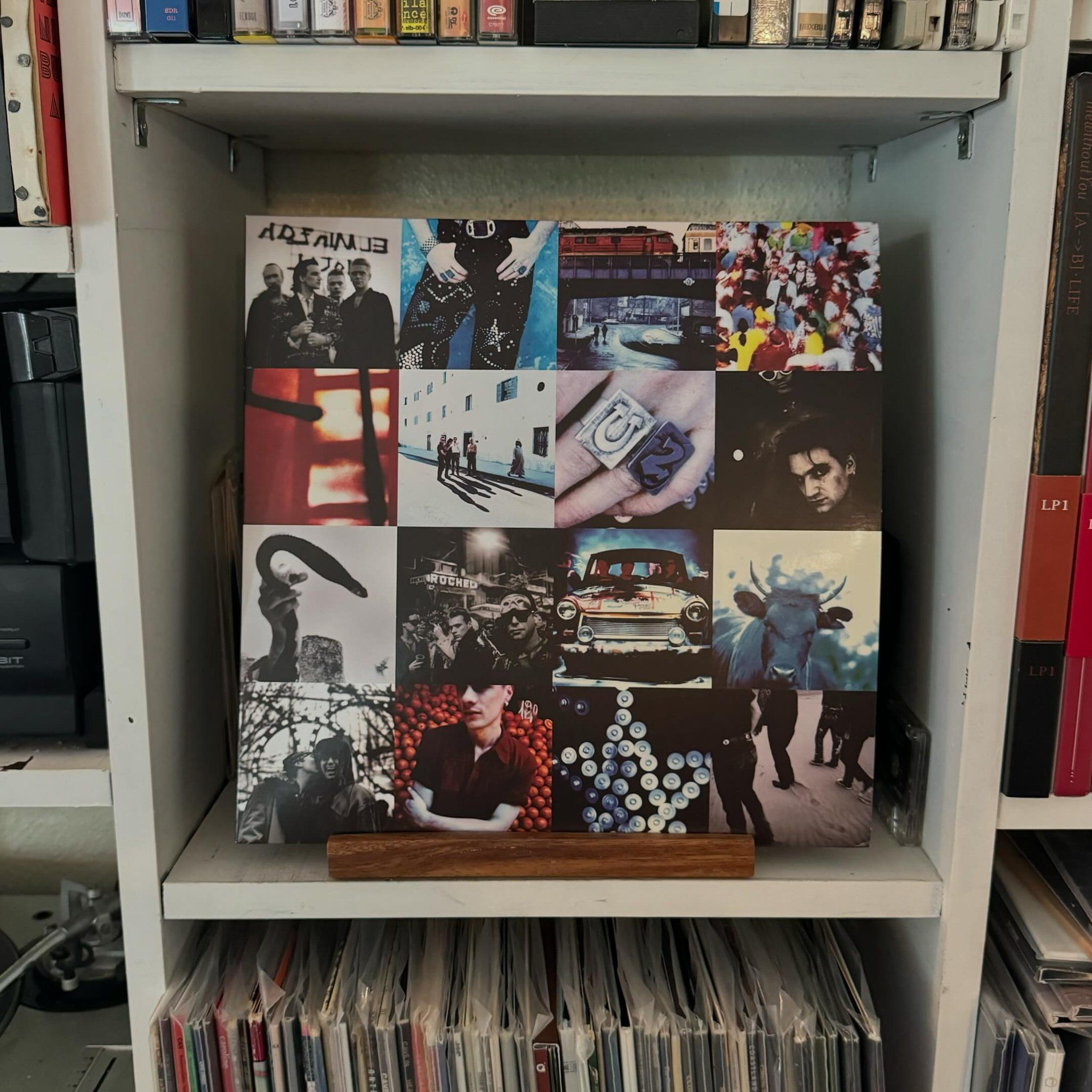 I have always freely admitted that I have some glaring blind spots in my musical knowledge. And some of them are embarrassing. It’s not unusual for me to miss important artists in scenes that I follow closely—sometimes that have even toured with my favorite bands (see: Manchester Orchestra, Touché Amoré).
I have always freely admitted that I have some glaring blind spots in my musical knowledge. And some of them are embarrassing. It’s not unusual for me to miss important artists in scenes that I follow closely—sometimes that have even toured with my favorite bands (see: Manchester Orchestra, Touché Amoré).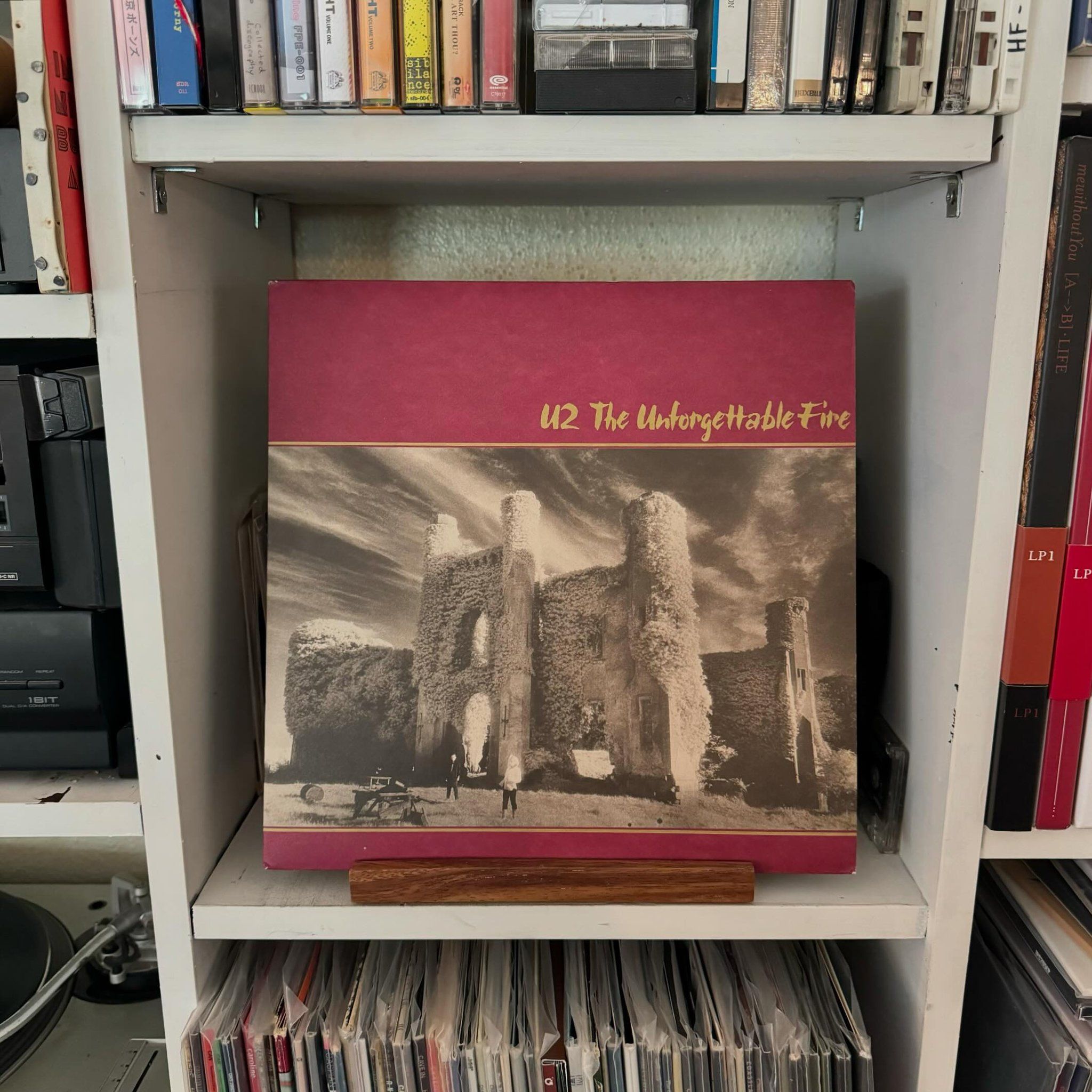
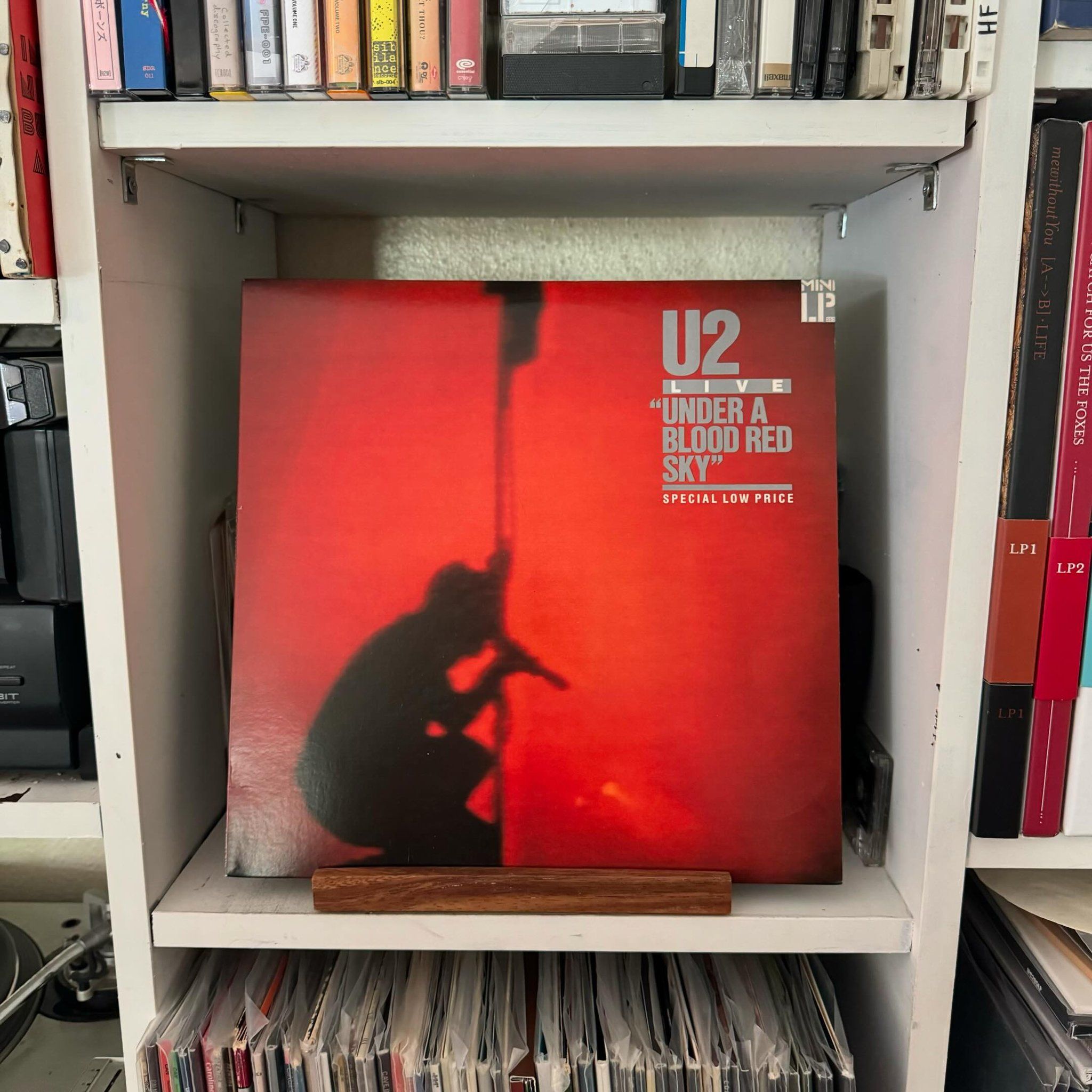 For all of their innovation in the studio, it is impossible to fully grasp U2’s body of work without considering their live show. They are the posterboys for arena rock, which is less a genre than it is a touring designation, and a cursory look at any of their live shows will show you why. Even if you don’t consider their inventive use of multimedia elements (see: ZooTV, US 360º Tour, their recent residency at The Sphere), the electricity of the four Irishmen is often enough to captivate crowds in the tens of thousands.
For all of their innovation in the studio, it is impossible to fully grasp U2’s body of work without considering their live show. They are the posterboys for arena rock, which is less a genre than it is a touring designation, and a cursory look at any of their live shows will show you why. Even if you don’t consider their inventive use of multimedia elements (see: ZooTV, US 360º Tour, their recent residency at The Sphere), the electricity of the four Irishmen is often enough to captivate crowds in the tens of thousands.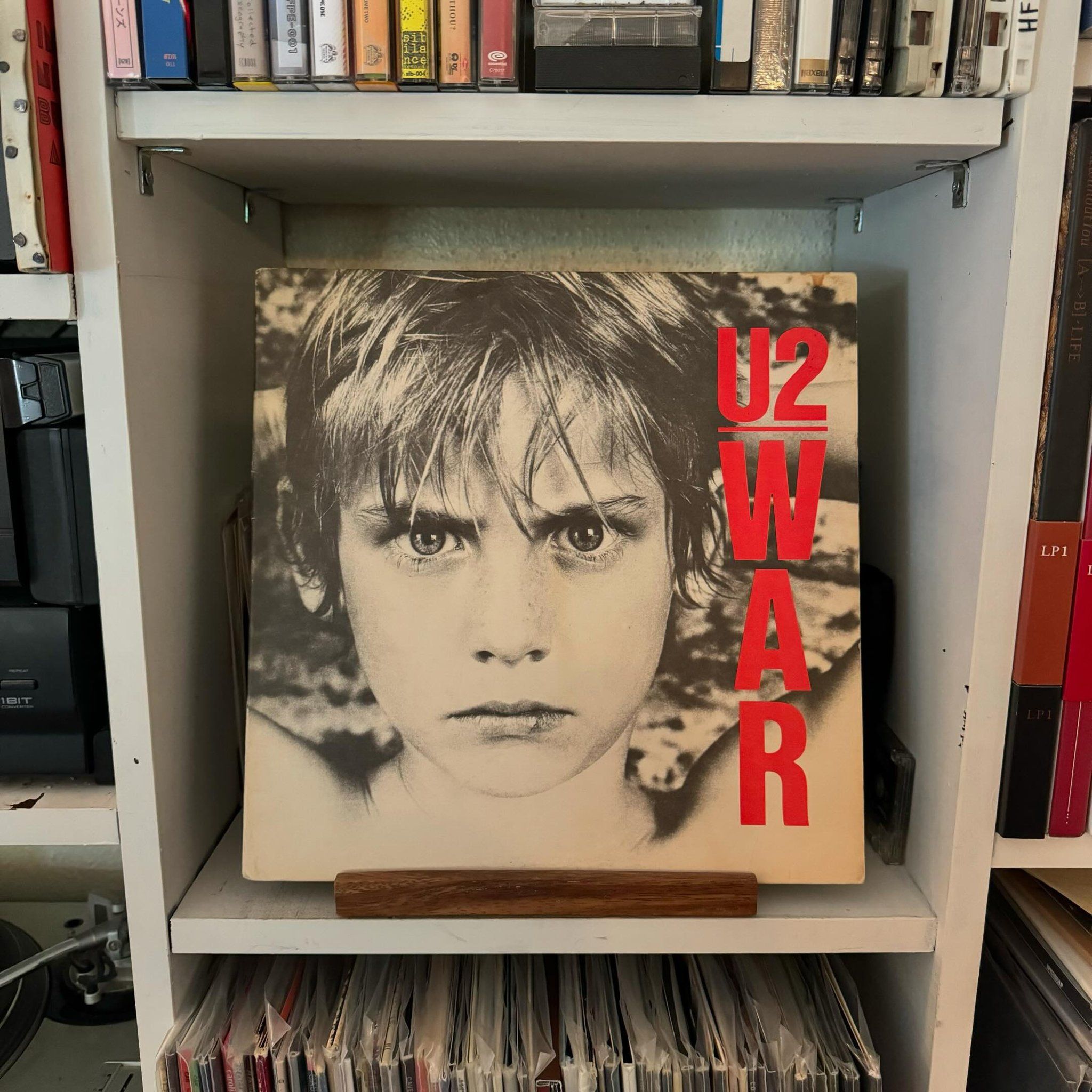
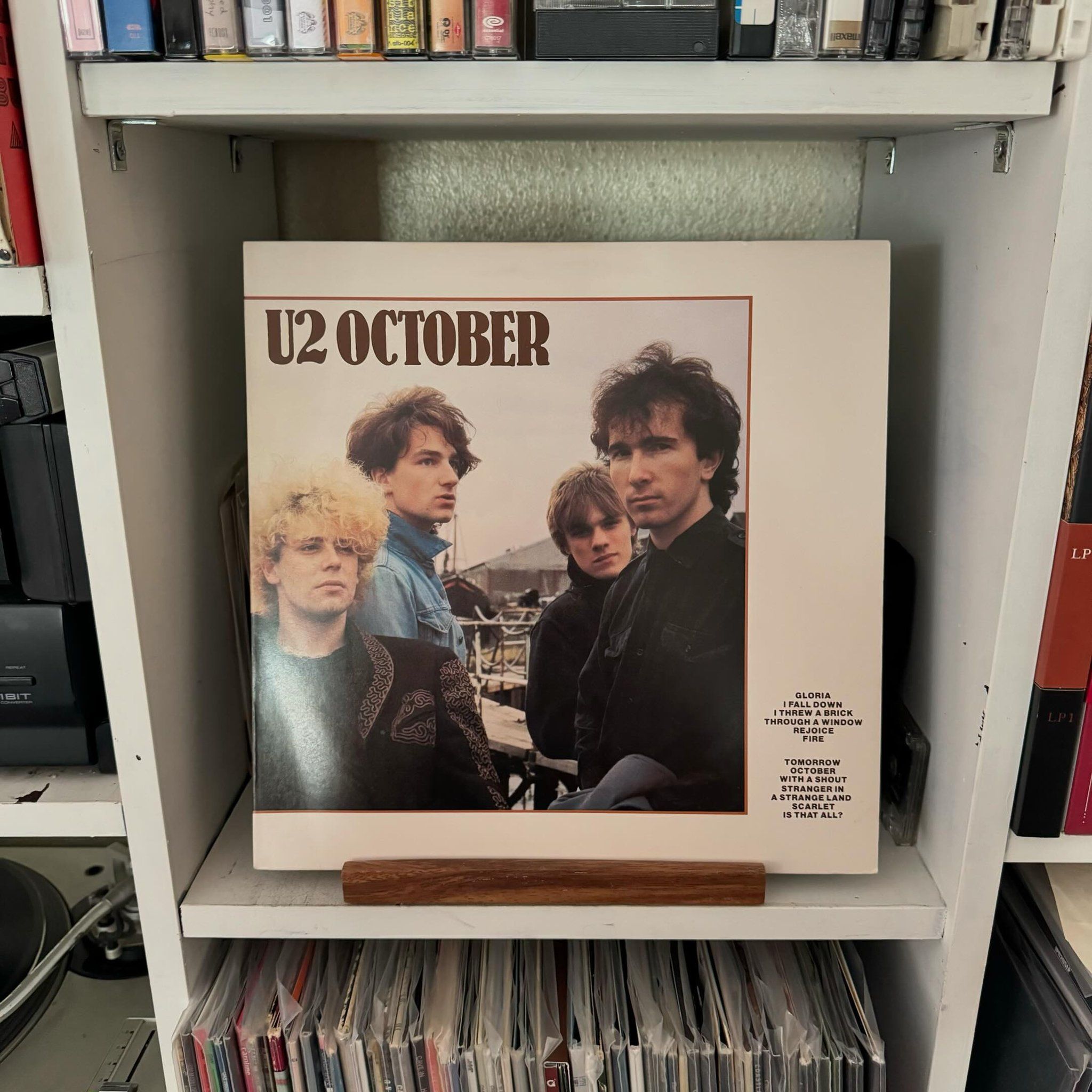
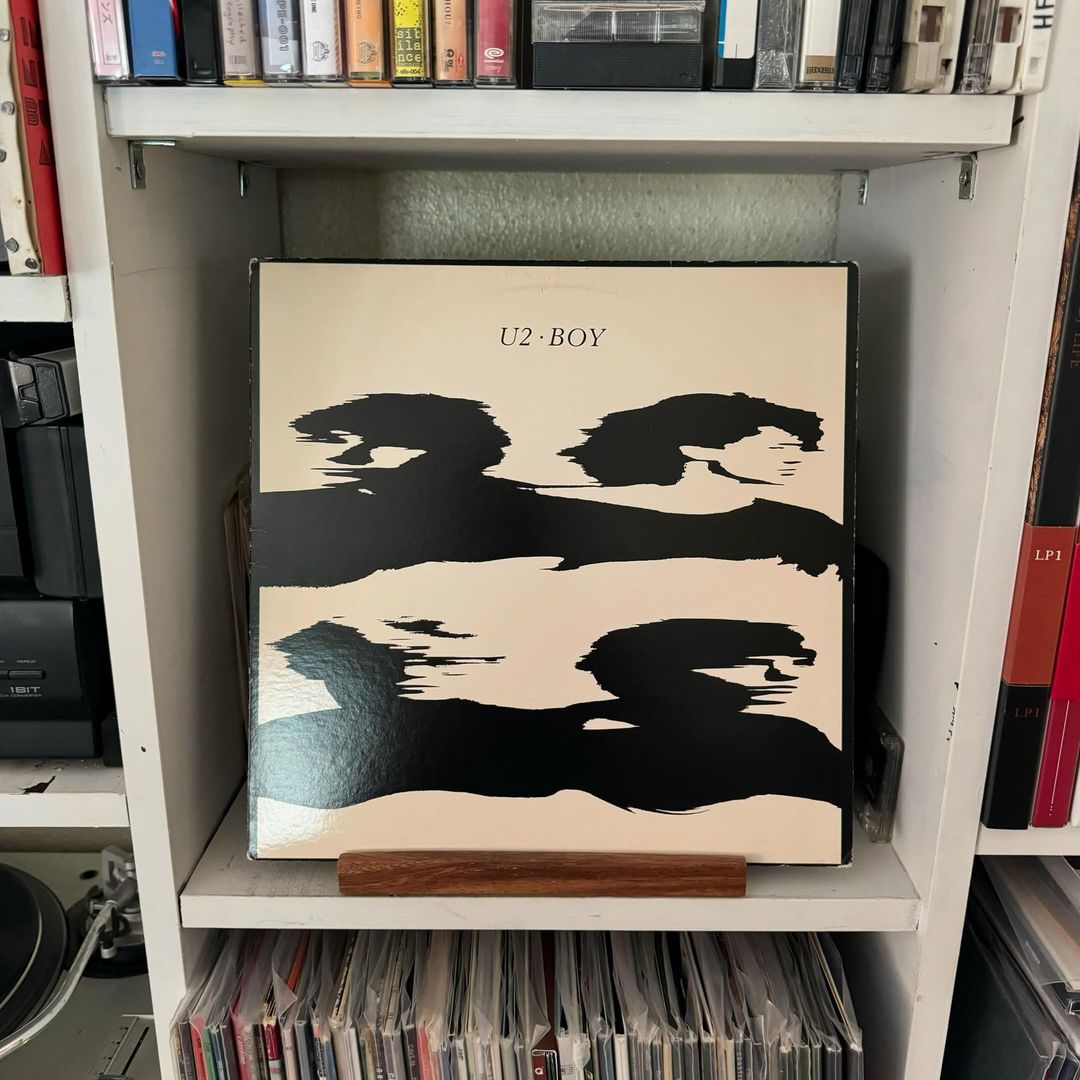

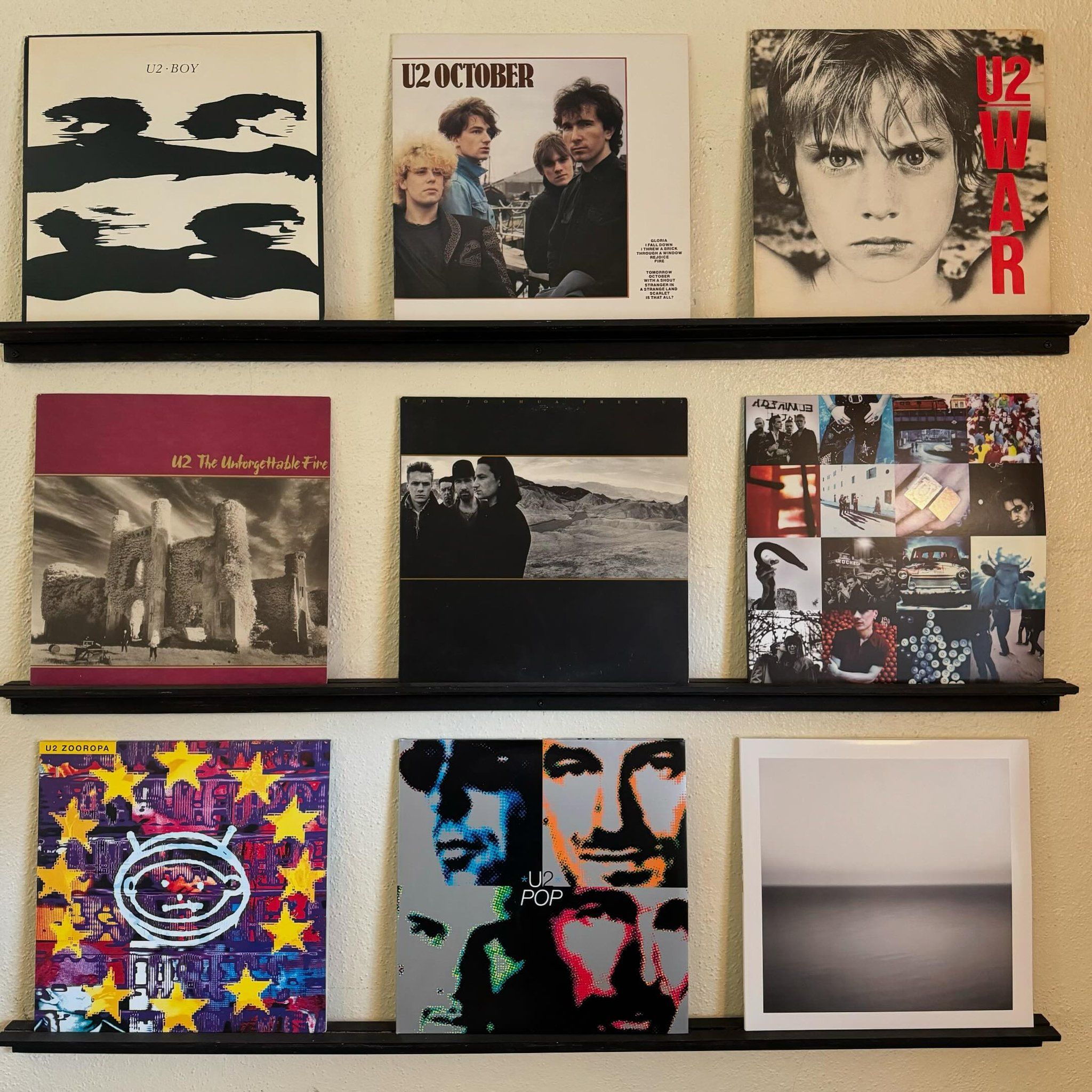 We interrupt your regularly scheduled (er, irregularly, rather—sorry) blog schedule to go on an unscheduled, but essential deep dive.
We interrupt your regularly scheduled (er, irregularly, rather—sorry) blog schedule to go on an unscheduled, but essential deep dive.